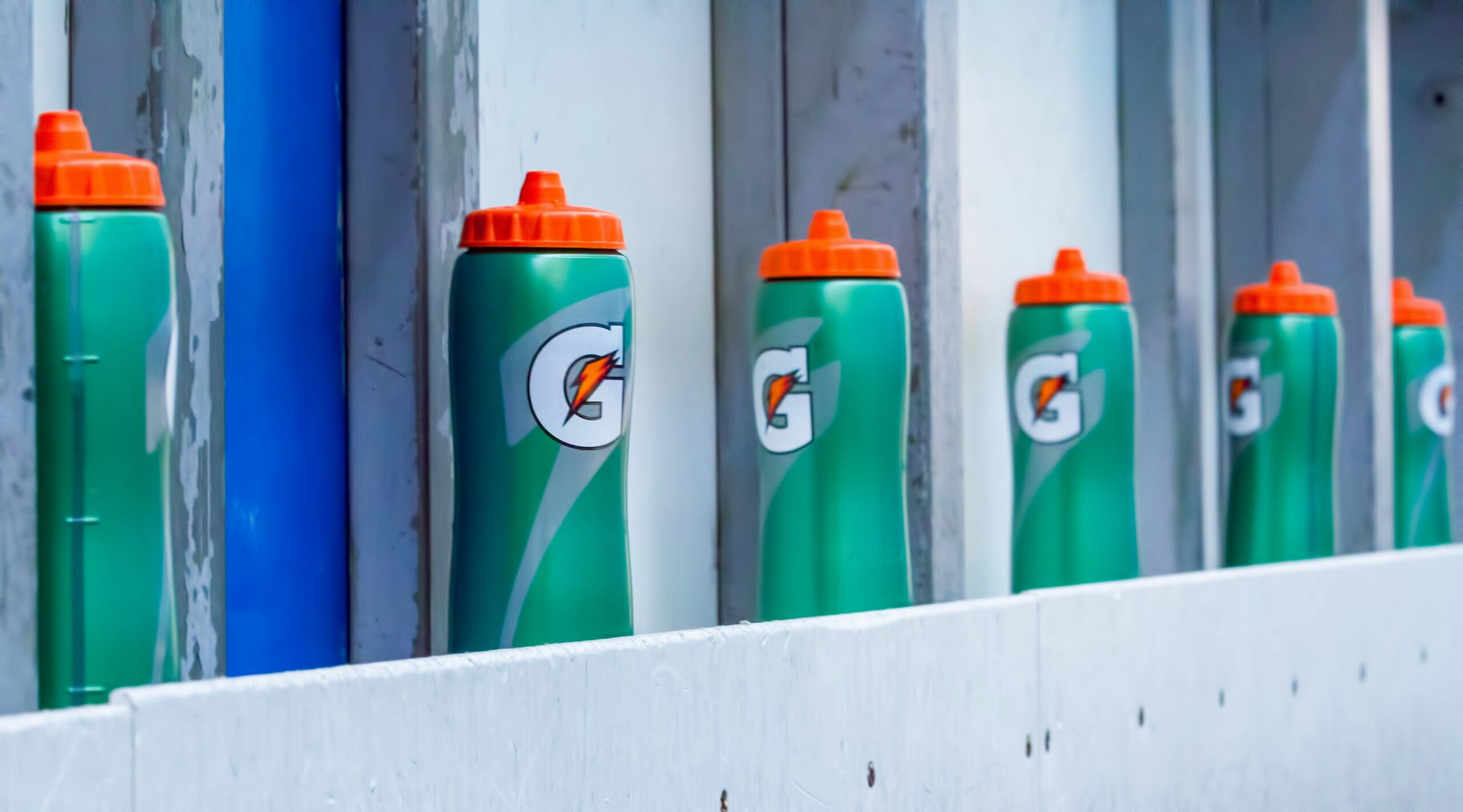Whether you’re an athlete grinding through tough workouts, a weekend warrior hitting the city trails, or just someone who loves breaking a sweat at the gym, finding the right sports drink can feel like seeking water in the desert.
But are these brightly colored beverages truly your best bet for optimal performance and replenishment? This article dives into sports drinks, examining what’s inside, who they’re meant for, and whether they’re as stellar as they’re marketed.
What Are Sports Drinks?
At their core, sports drinks are designed to do more than just quench your thirst. Unlike water, they often come packed with a balance of water, electrolytes, and carbohydrates — the holy trifecta for replenishing an athlete.
These drinks are formulated to serve a specific purpose: to replace what the body loses through sweat in an easily digestible form. They sound like the winning sip, right? Hold that thought, we’re just warming up.
Breaking Down the Ingredients
Electrolytes like sodium and potassium support key functions in the body, such as nerve communication and muscle contractions.
Carbohydrates, usually in sugary forms like glucose and fructose, provide a quick energy boost. Some drinks even brag about added vitamins. But what’s with the sugar content? Isn’t that counterproductive?
Sugar Content: The Sweet Debate
While it’s true that sugar plays a critical role in energy provision, especially during prolonged physical activity, there’s a fine line between beneficial and excessive.
A single bottle can pack as much sugar as a soda can, often hitting 56 to 76 grams per 32 ounces. That’s way more than what’s recommended for good health in a normal diet, especially if you’re not really doing intense workouts or endurance activities.
The sugars in these drinks can give elite athletes a quick energy boost, but for the rest of us, they can just add unwanted calories. Getting this difference is key to figuring out if these flashy drinks are actually good or bad for our health routine.
Who Should Be Reaching for Sports Drinks?
Athletes engaging in prolonged, vigorous physical activity often need more than just water. When you’re clocking in hours on the field, the track, or the gym, your hydration needs to increase.
This is the sports drink market’s true target. The extra sugar and electrolytes can make a difference in performance and recovery, especially in hot and humid conditions that speed up dehydration and sweat out essential minerals.
Who Doesn’t Need Sports Drinks?
Now, not everyone breaking a sweat needs to grab a sports drink. For most of us hitting a moderate gym session, taking a brisk walk, or engaging in a quick jog, water does the trick just fine. The truth is, if your exercise routine doesn’t extend beyond an hour, your body likely doesn’t deplete its stores enough to require the extra electrolytes and sugars found in sports drinks.
Plus, the added calories from sugars can easily tip the scales away from the benefits if you’re exercising mainly for weight management or general health.
Drinking water, staying well-hydrated throughout the day, and maintaining a balanced diet usually covers all bases for the casual exerciser.
The Yin and Yang of Sports Drinks
Like all good things, sports drinks have a flipside. On the positive end, they can boost endurance and improve performance, but they also pack a caloric punch and can lead to sugar overload — a serious concern in the age of rising obesity rates.
They aren’t a magic elixir; improper use can lead to fatigue and cramping, probably not the finish line you’re aiming for.
Why Water is Better Than Sports Drinks
Despite the colorful allure of sports drinks, water remains the undefeated champion of hydration. Simple, pure, and without any added sugars or artificial flavors, water perfectly aligns with your body’s natural needs.
It regulates your body temperature, cushions your joints, and aids in digestion and nutrient absorption—all without the extra calories or potential for sugar overload.
Whether you’re a professional athlete or a weekend jogger, water is the most straightforward, effective way to stay hydrated. It’s about listening to your body and understanding that the best fuel often comes in the most natural form.
Conclusion
Sports drinks are in this interesting spot – not exactly a must-have but not just a fancy add-on either. They’re perfect for folks who really push it hard and need something extra from their drinks.
For the rest of us? Good old water does the trick, keeping us going day in, day out.
Getting the hang of when and how to use sports drinks can really up your game, whether you’re hitting the track or just playing the health and wellness game.
Sure, throw sports drinks into your mix, but don’t forget that nothing beats the simplicity and power of water.







